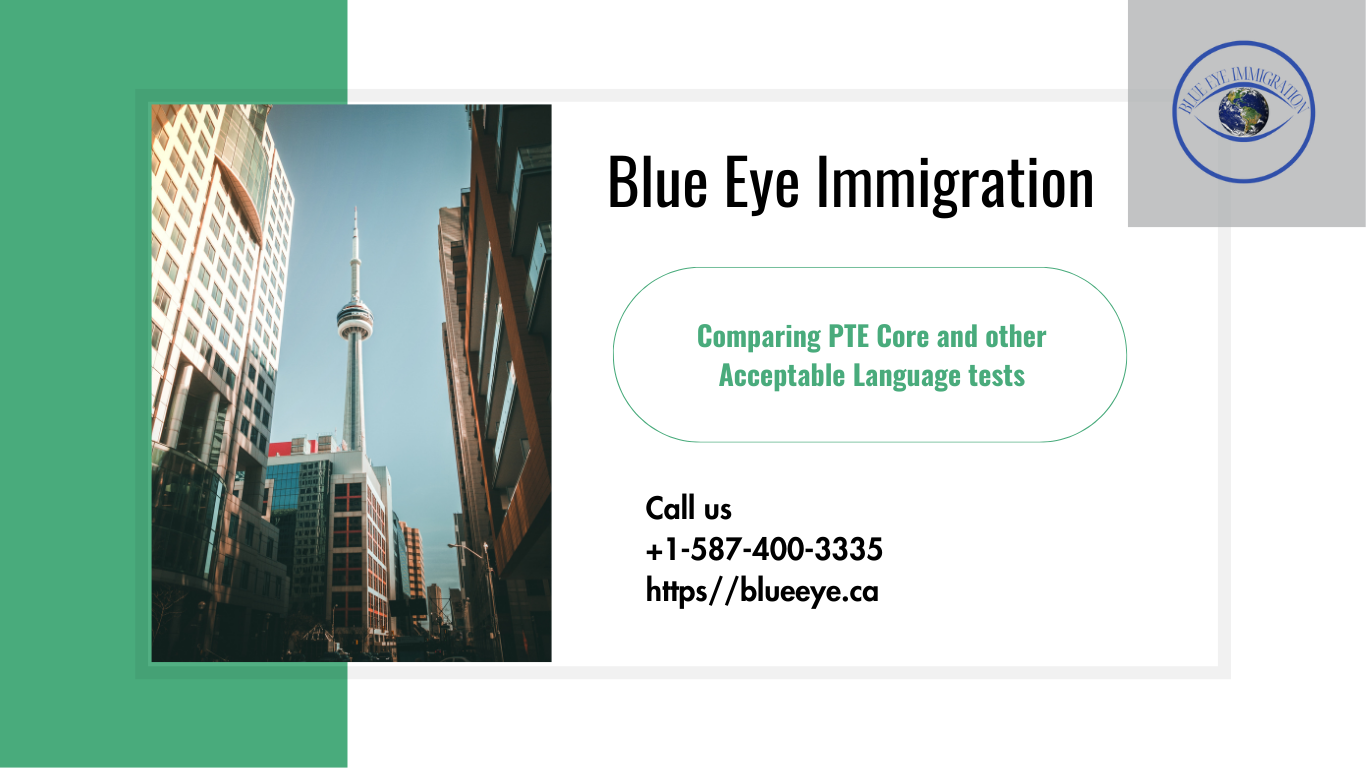Canada’s federal and provincial skilled worker immigration programs require that you complete a language test. The language test requirement applies to the federal Express Entry system, the Provincial Nominee Program (PNP) and Canada’s other various skilled worker streams.
Completing a language test is necessary to demonstrate that you meet the language requirements of the skilled worker program you are applying to. Each skilled worker program has its own test score requirements.
The Canadian government uses the Canadian Language Benchmark (CLB) as a standardized approach to evaluate your language skills. Some programs require a CLB level of 4, while other programs require a CLB level of 7.
The validity period of language test scores is two years. This means that more than two years cannot elapse between completing a language test and submitting your Canadian immigration application. If more than two years have passed, you will need to retake your language test.
What language tests are approved for Canadian immigration?
In order to meet the language requirement, you must take a language test that is approved by the Canadian government. Immigration, Refugees and Citizenship Canada (IRCC) approves the following language tests for skilled worker applications:
For English:
- CELPIP General Test
- IELTS General Training
IRCC announced that beginning in late 2023, the Pearson Test of English (PTE) will join the CELPIP and the IELTS as one of three designated language tests.
For French:
- TEF Canada: Test d’évaluation de français
- TCF Canada : Test de connaissance du français
About the CELPIP
The CELPIP has four modules: listening, reading, writing, and speaking. It takes about three hours to complete, and you can complete the test in one sitting. Generally speaking, the cost of the test is 300$, and you get your results 4-5 days after your test.
About the IELTS
The IELTS also has four modules: listening, reading, writing, and speaking. It takes about 2 hours and 45 minutes to complete. The speaking component can also be taken up to seven days before or after taking the other three components.
Generally speaking, the cost of the test is 300$. If you take the test on the computer, you will get your results within 3-5 days. If you take a paper-based test, results are issued 13 days later.
About the TEF
The TEF is used to assess French comprehension and expression skills in people who are not native French speakers. It can be used for Quebec Immigration purposes and is the only French language test accepted for the Federal Skilled Worker Program (FSWP).
In most cases, TEF is mandatory to prove French language ability in the following cases:
- To Immigrate to Canada and become a Canadian citizen
- To immigrate to the Canadian province of Quebec
- To study in France (TEF for studies in France)
- To obtain citizenship in France (TEF for Naturalization)
- To certify one’s French language ability for work; and
- To enrol in certain programs and study abroad as an international student
The test consists of three written sections: reading comprehension, written expression and vocabulary and sections. The test also consists of two oral sections: listening comprehension and oral expression. Depending on your situation, some sections may be optional. Each section can vary between 15, 40 or 60 minutes.
Finally, the cost of the TEF depends on the location where the test is being given.
About the TCF
The TCF is also used to assess French comprehension and expression skills in people who are not native French speakers. It can likewise be used for Quebec Immigration purposes.
The TCF consists of three compulsory sections: reading comprehension, use of language structures and listening comprehension. Supplementary or optional sections include the spoken expression (in the form of an interview) and written expression. For Quebec immigration, applicants must take the listening and speaking modules. The writing and reading modules are not required, but additional points can be awarded for these modules.
The compulsory examinations last approximately 1 hour and 30 minutes, while the optional examinations last approximately two hours. Similar to the TEF, the testing costs depend on the location where the test is given.

